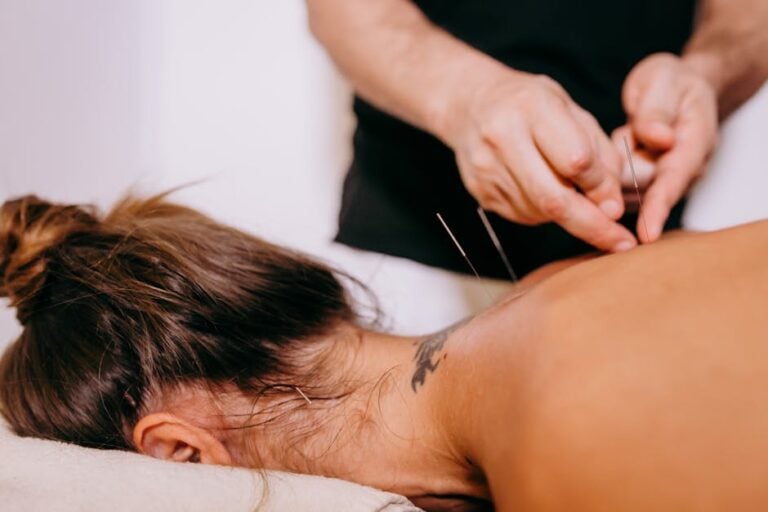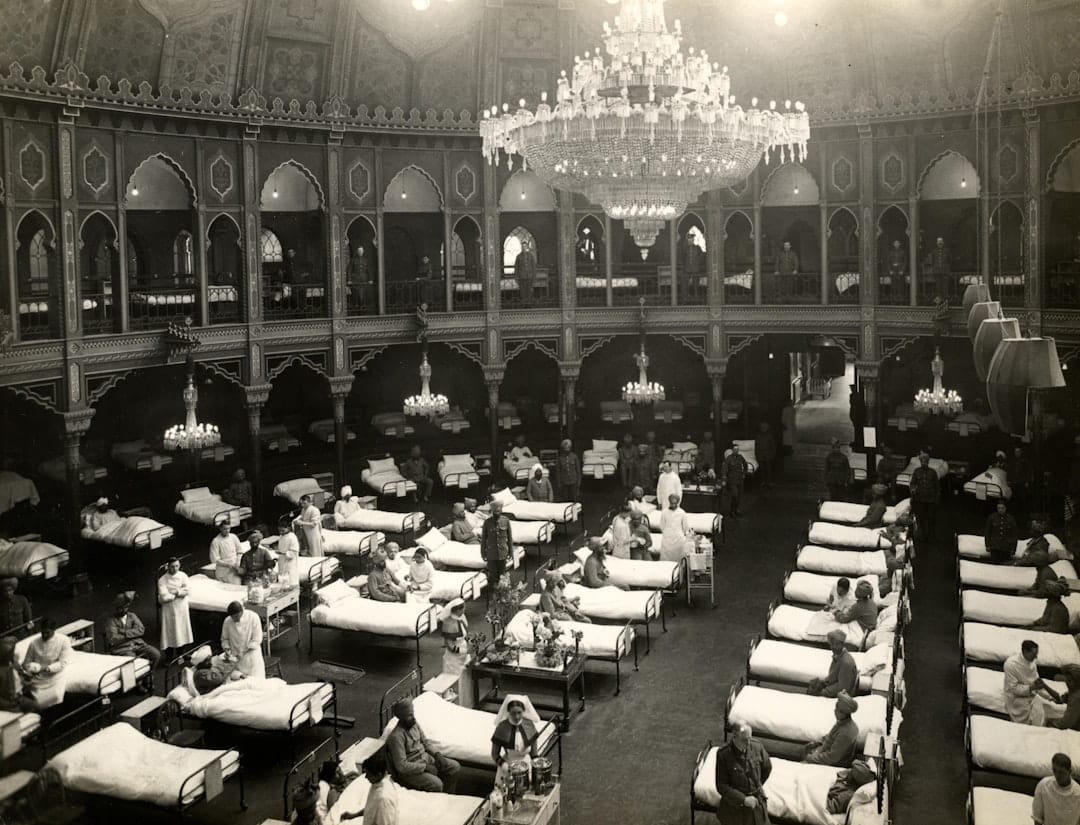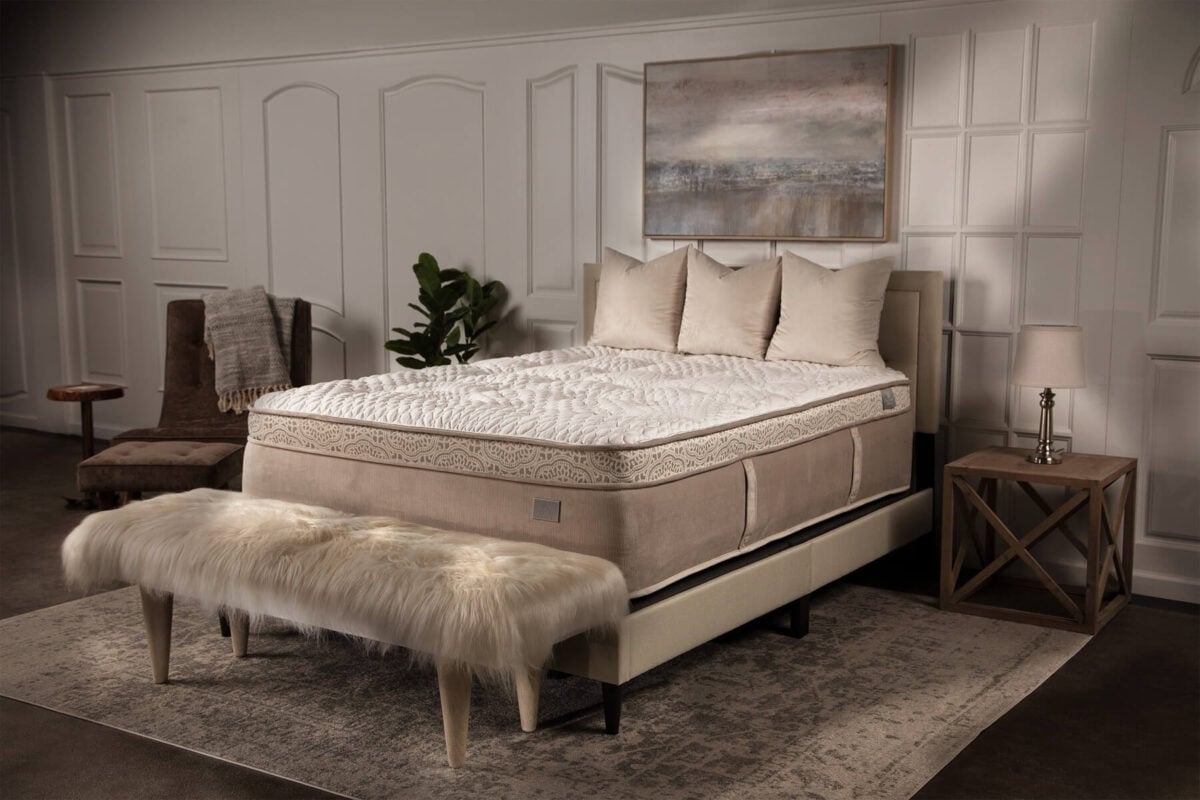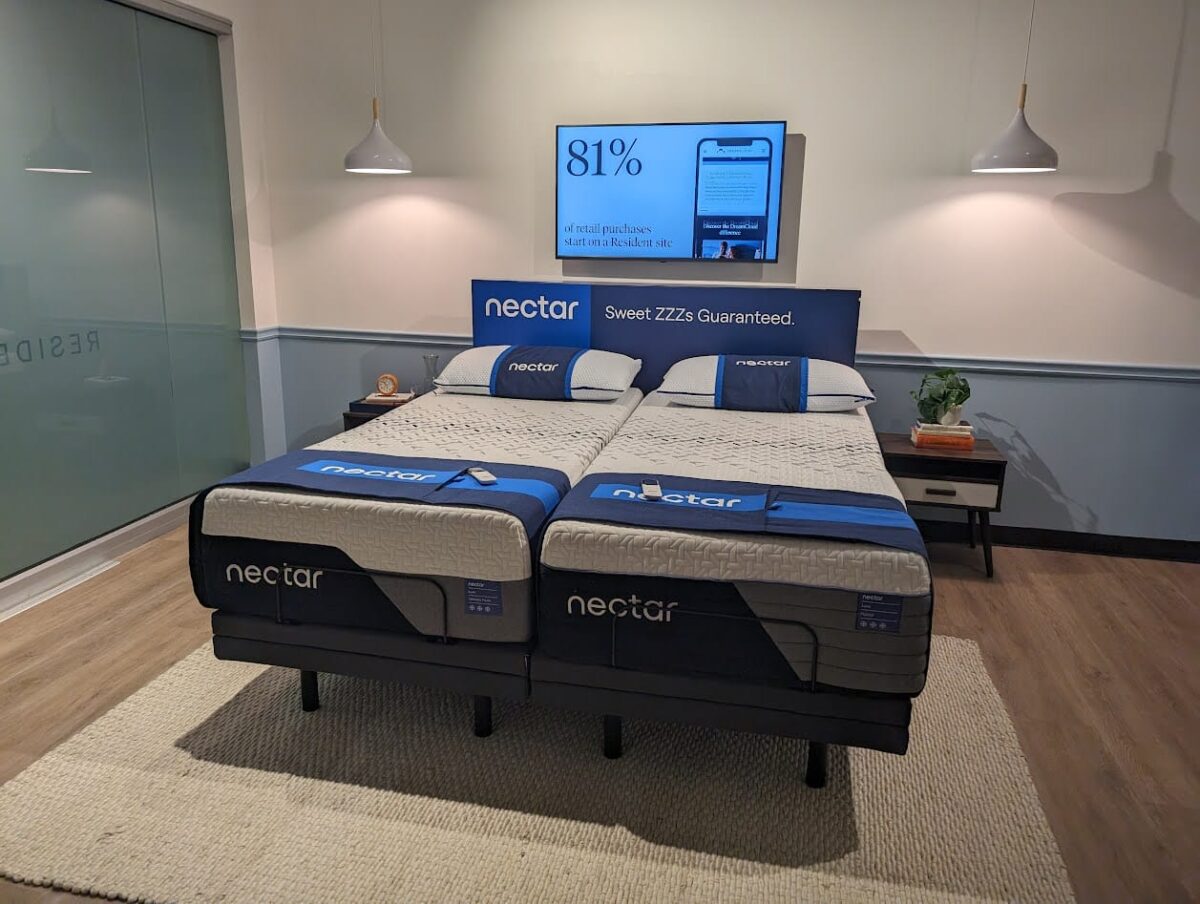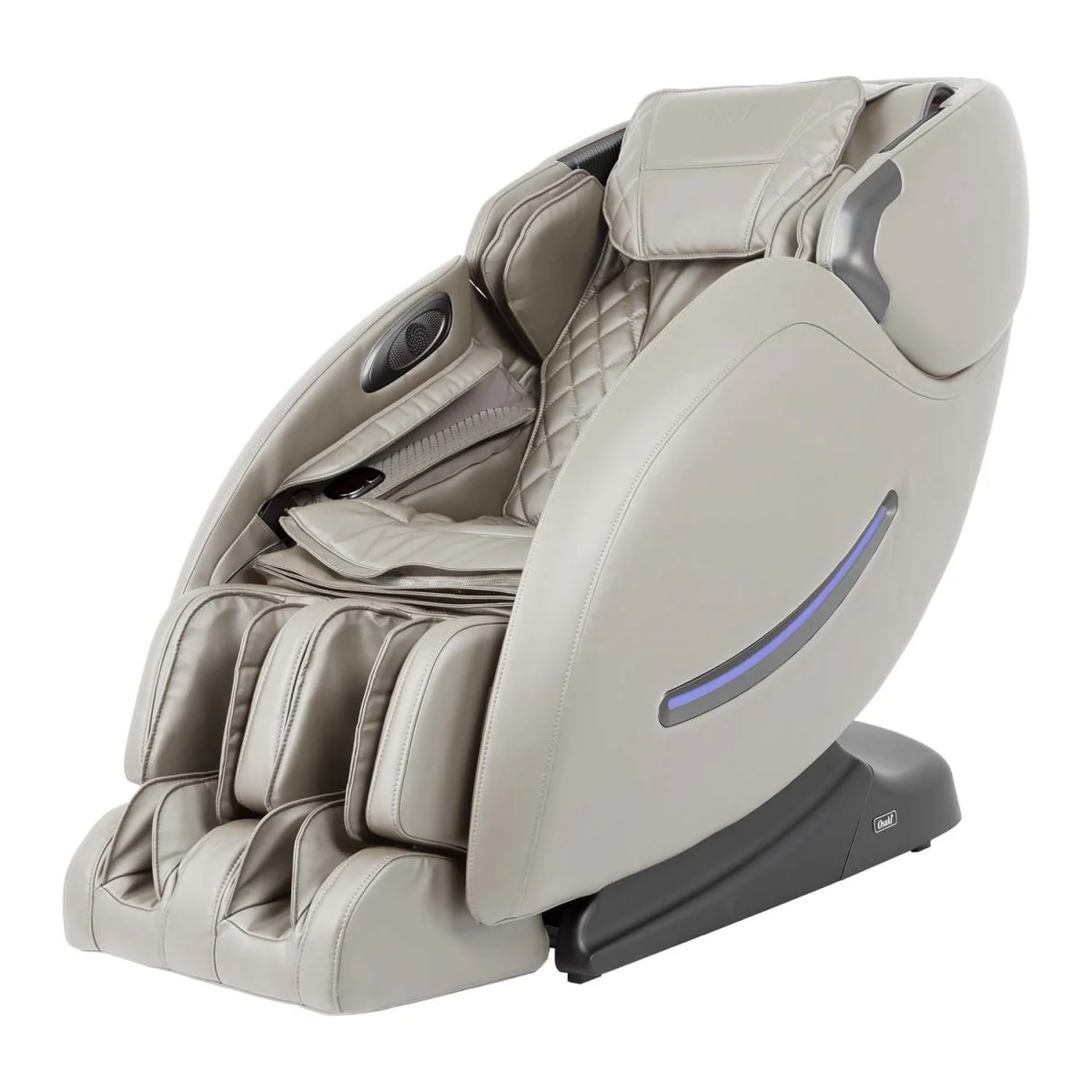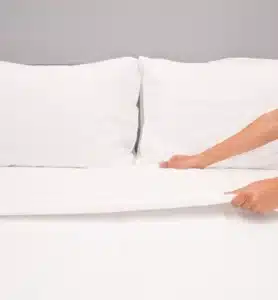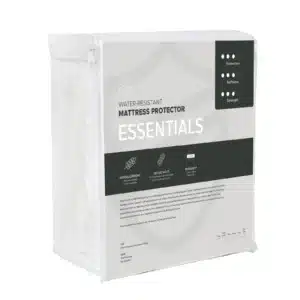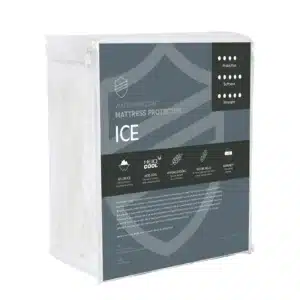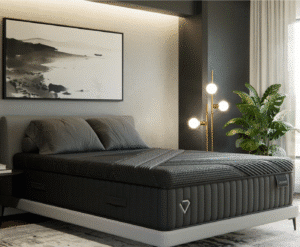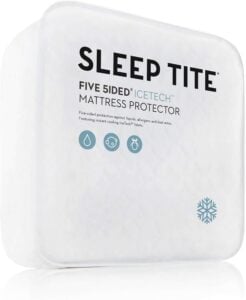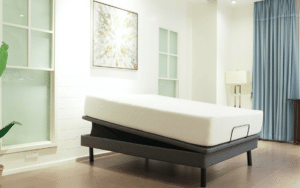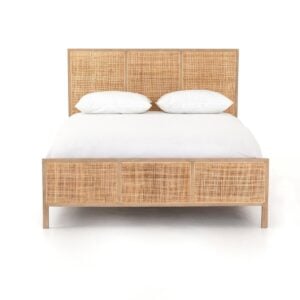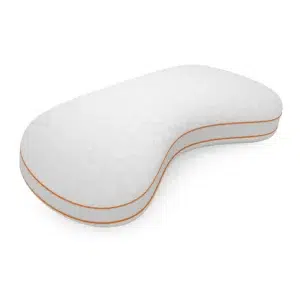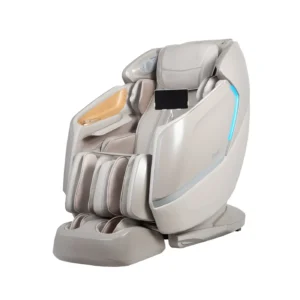Acupuncture for Insomnia: Top 7 Powerful Drug-Free Tips
Say Goodbye to Sleepless Nights: How Acupuncture Can Beat Insomnia Without Medication
Acupuncture for insomnia has gained attention as a natural and drug-free approach for those struggling with sleep issues. If you’re curious about its effectiveness, here’s a quick takeaway:
Pros:
- May improve sleep quality
- Reduces night wakings
- Decreases anxiety
- Alleviates chronic pain and menopause symptoms
Cons:
- Results vary per individual
- Requires multiple sessions
- Limited extensive research on long-term effects

Insomnia can ruin your days by making you feel tired, weak, and unfocused. It affects many people, especially those of working age and the elderly. One promising remedy comes from traditional Chinese medicine: acupuncture. But how does it work, and is it effective?
I’m Ben Trapskin, an expert in understanding sleep and its impact on daily well-being. From personal experience and extensive research, I will guide you through how acupuncture for insomnia might be the solution you’ve been searching for. Read on to find a holistic, non-medical approach to restoring your sleep quality.
Accupuncture for insomnia word roundup:
What is Acupuncture and How Does it Work?
Acupuncture is an ancient Chinese technique that has been used for thousands of years to treat various health conditions, including insomnia. It involves inserting tiny needles into specific points on the body, known as acupoints.
Meridians and Qi
In traditional Chinese medicine, the body has pathways called meridians through which energy, or qi (pronounced “chee”), flows. Think of qi as the vital life force that keeps us alive and healthy. When the flow of qi is blocked or imbalanced, it can lead to health problems, including sleep disorders.
How Acupuncture Works
Acupuncturists believe that by inserting needles into the acupoints along these meridians, they can restore the balance of energy and improve health. Each acupoint corresponds to different organs and functions in the body. By targeting specific acupoints, acupuncture can help to:
- Relieve pain
- Reduce anxiety
- Improve sleep quality
The process is simple but precise. During a typical session, an acupuncturist will insert between five and 20 needles into the skin. These needles are usually left in place for about 10 to 15 minutes. The selection of acupoints varies based on the individual’s specific symptoms and needs.

Real-Life Stories
Take the case of Christy Garrard, who struggled with severe insomnia due to menopause-related hot flashes. After trying various treatments, she turned to acupuncture. “When the hot flashes hit me, I felt like I had an alien in my torso,” she recalls. After a month of twice-weekly sessions, her symptoms began to subside, and she started sleeping better. Eventually, she no longer experienced nighttime hot flashes and was sleeping soundly.
Another example is Hillary Bickel, who found relief from both shoulder pain and insomnia through acupuncture. “After the first treatment, I could move my shoulder, and I slept really well,” she says.
Scientific Insights
Research supports these anecdotal experiences. Studies have shown that acupuncture can increase total sleep time, reduce night wakings, and decrease anxiety, contributing to better overall sleep quality. While the exact mechanisms are still being studied, it’s believed that acupuncture may influence neurological processes and neurotransmitter levels, such as serotonin and gamma-aminobutyric acid (GABA), which play crucial roles in sleep regulation.
In summary, acupuncture works by rebalancing the flow of qi through the body’s meridians, helping to alleviate symptoms that disrupt sleep. This ancient practice offers a holistic approach to improving sleep without the need for medication.
Next, we’ll explore the different types of acupuncture used specifically for treating insomnia.
The Effectiveness of Acupuncture for Insomnia
Acupuncture is gaining popularity as a drug-free treatment for insomnia, and for good reason. Let’s explore how this ancient technique can help you get a better night’s sleep.
Improve Sleep Quality
Acupuncture has been shown to improve sleep quality significantly. By targeting specific acupoints, it helps to balance the body’s energy flow, or qi, which can lead to deeper, more restful sleep.
Reduce Night Wakings
Frequent night wakings can be a major issue for insomniacs. Acupuncture can help to reduce these interruptions by promoting relaxation and decreasing anxiety. This means you’re less likely to wake up in the middle of the night and more likely to enjoy uninterrupted sleep.
Increase Total Sleep Time
Many people with insomnia struggle to get enough sleep each night. Acupuncture has been found to increase total sleep time, allowing you to feel more rested and refreshed. This is especially beneficial for those who find it hard to fall back asleep after waking up.
Decrease Anxiety
Anxiety is a common culprit behind insomnia. Acupuncture can help to decrease anxiety levels, making it easier to relax and fall asleep. This is achieved by stimulating acupoints that influence the nervous system, promoting a sense of calm.
Alleviate Pain
Pain can be a significant barrier to a good night’s sleep. Acupuncture is well-known for its ability to alleviate pain, whether it’s chronic pain, headaches, or other discomforts. By addressing the root cause of pain, acupuncture can help you sleep more comfortably.
Help with Depression
Depression often goes hand-in-hand with insomnia. Acupuncture has been shown to be effective in treating depression-related insomnia. It helps to regulate mood and improve overall mental health, making it easier to achieve restful sleep.
Manage Menopause Symptoms
Menopause can bring about hot flashes and night sweats, which disrupt sleep. Acupuncture can help manage these symptoms, as seen in the case of Christy Garrard, who experienced relief from her menopause-related insomnia after regular acupuncture sessions.
Chronic Pain Relief
For those dealing with chronic pain conditions, acupuncture offers a viable solution. By targeting specific acupoints, it helps to reduce pain and improve sleep quality. This makes it an excellent option for individuals whose insomnia is linked to chronic pain.
In summary, acupuncture for insomnia offers a holistic approach to improving sleep quality, reducing night wakings, increasing total sleep time, and addressing underlying issues like anxiety, pain, and depression. It provides a natural, effective alternative to traditional sleep medications.
Next, we’ll explore the different types of acupuncture used specifically for treating insomnia.
Types of Acupuncture for Insomnia
When it comes to acupuncture for insomnia, there are several methods to consider. Each type has its unique approach and benefits. Here’s a look at the most common types:
Manual Acupuncture
Manual acupuncture is the traditional form of acupuncture. Practitioners insert thin needles into specific acupoints on the body to balance the flow of qi. The needles are typically left in place for 10 to 15 minutes. This method is effective for improving sleep quality, reducing anxiety, and alleviating pain. For example, Christy Garrard found relief from menopause-related insomnia through regular manual acupuncture sessions.
Electroacupuncture
Electroacupuncture involves the use of a small electric current that passes between pairs of acupuncture needles. This method can improve the effects of traditional acupuncture. It’s particularly useful for treating chronic pain and severe insomnia. Research shows that electroacupuncture can significantly improve sleep duration and quality, especially in perimenopausal women suffering from insomnia.
Auricular Acupuncture
Auricular acupuncture focuses on the ear, which is seen as a microsystem of the entire body. Tiny needles are inserted into specific points on the ear to address various health issues, including insomnia. This method is often combined with other acupuncture techniques to boost overall effectiveness. The ear’s acupoints can help regulate sleep patterns and reduce anxiety.
Ear Seeds
Ear seeds are a form of auricular therapy but without the needles. Small seeds or beads are placed on the ear’s acupoints and held in place with adhesive tape. They provide continuous stimulation and can be a great option for those who are needle-averse. Ear seeds can help manage stress and anxiety, making it easier to fall and stay asleep.
Ear Beads
Similar to ear seeds, ear beads are small metal beads that are attached to the ear’s acupoints. They can be left in place for several days, providing constant pressure to stimulate the points. This method is convenient and can be done at home, offering a simple way to support better sleep.
Each of these acupuncture methods offers unique benefits and can be custom to your specific needs. Whether you opt for manual acupuncture, electroacupuncture, or ear-based treatments, these techniques can significantly improve your sleep quality and overall well-being.
Next, let’s look at how to get started with acupuncture for insomnia.
How to Get Started with Acupuncture for Insomnia
Getting started with acupuncture for insomnia is a straightforward process. Here’s how you can begin:
Finding a Licensed Practitioner
First, ensure your acupuncturist is licensed. Check the National Certification Commission for Acupuncture and Oriental Medicine (NCCAOM) website to find board-certified practitioners. If you’re in New York, you can use the Office of the Professions website to verify licenses.
Tip: Avoid practitioners who have only taken short courses, as they might lack the depth of knowledge needed for effective treatment.
Initial Consultation
Your first visit will involve a thorough intake session. Expect your practitioner to:
- Take a detailed medical history
- Discuss your sleep patterns and issues
- Examine your tongue and pulse (common in TCM diagnosis)
This helps them understand the root cause of your insomnia and tailor the treatment accordingly.
Treatment Plan
Based on your initial consultation, your acupuncturist will create a personalized treatment plan. This plan typically includes:
- Specific acupuncture points to target
- Frequency and duration of sessions
- Any additional therapies like cupping or moxibustion
Dr. Stanton usually recommends starting with 3 to 6 sessions. This gives your body time to respond to the treatment.
Session Duration
Each acupuncture session lasts about 60 minutes. During this time:
- You’ll lie down comfortably on a treatment table.
- The practitioner will insert 20 to 30 tiny needles into specific points on your body.
- The needles stay in place for about 20 to 40 minutes.
Sometimes, seeds or needles might be placed in your ears to improve the treatment.
Frequency of Sessions
For the best results, you might need multiple sessions per week initially. Typically, 2 to 3 sessions per week are common. Acute insomnia might need fewer sessions, while chronic insomnia could require ongoing treatment.
Example: Christy Garrard found relief from menopause-related insomnia after several manual acupuncture sessions.
Note: Acupuncture is generally safe, but it can cause minor bruising. Always discuss any concerns with your practitioner.
In the next section, we’ll explore the specific acupuncture points used to treat insomnia.
Acupuncture Points for Insomnia
When it comes to acupuncture for insomnia, specific acupoints are targeted to help improve sleep quality. Here are some of the most commonly used points:
Anmian
Location: Behind the ear, near the base of the skull.
Effect: Known as the “peaceful sleep” point, Anmian is frequently used to treat insomnia and anxiety. It helps calm the mind and promote restful sleep.
Fengchi (GB20)
Location: At the base of the skull, in the hollow between the sternocleidomastoid and trapezius muscles.
Effect: Fengchi is effective for headaches and neck pain, which can interfere with sleep. It also helps alleviate stress and tension.
Yifeng (SJ17)
Location: Just behind the earlobe in the depression between the mandible and the mastoid process.
Effect: Yifeng is used to treat ear issues and stress, both of which can contribute to insomnia. It helps balance the body’s energy and promotes relaxation.
HT7 (Shenmen)
Location: On the wrist, at the ulnar end of the transverse crease of the wrist.
Effect: HT7 is one of the most frequently used points for insomnia. Research shows that stimulating HT7 can improve memory and improve levels of neurotransmitters like ACh and DA, which are crucial for sleep regulation (Wattanathorn and Sutalangka, 2014).
SP6 (Sanyinjiao)
Location: About three finger-widths above the inner ankle bone, along the tibia.
Effect: SP6 is effective for sleep disorders and is known for its calming effects. It also helps with digestive issues and menstrual irregularities, which can affect sleep (Wu et al., 2015).
DU20 (Baihui)
Location: At the top of the head, in line with the tips of the ears.
Effect: DU20 is used to treat a range of neurological disorders and can help with mental clarity and focus. It has neuroprotective effects and can improve sleep patterns (Wang et al., 2014).
ST36 (Zusanli)
Location: Four finger-widths below the knee cap, along the outer edge of the tibia.
Effect: ST36 is a versatile point used for general health improvement. It improves immune function and can help alleviate fatigue, making it easier to fall asleep (Tao et al., 2016).
BL18 (Ganshu)
Location: On the back, between the 9th and 10th thoracic vertebrae.
Effect: BL18 is linked to liver health in TCM. It helps with stress and emotional balance, which are crucial for a good night’s sleep.
Example: In 2019, Christy Garrard experienced significant relief from insomnia related to menopause after several acupuncture sessions targeting these points.
By targeting these specific acupoints, acupuncture helps balance the body’s energy, reduce stress, and promote better sleep. In the next section, we’ll explore additional benefits of acupuncture for sleep.
Additional Benefits of Acupuncture for Sleep
Acupuncture isn’t just about sticking needles into specific points; it’s about creating a holistic balance in the body. This ancient practice offers several additional benefits that can significantly improve your sleep quality.
Boost Gamma-Aminobutyric Acid (GABA) Levels
Gamma-Aminobutyric Acid, or GABA, is a key neurotransmitter that helps calm the nervous system. Studies show that acupuncture can help increase GABA levels, which promotes relaxation and reduces anxiety. Higher GABA levels can make it easier to fall asleep and stay asleep.
Lift Serotonin Levels
Serotonin is another crucial neurotransmitter that regulates mood and sleep. Acupuncture has been shown to lift serotonin levels, which can help improve sleep quality. Liftd serotonin levels can also reduce symptoms of depression and anxiety, both of which are common causes of insomnia.
Fact: Research indicates that acupuncture can improve serum and hippocampal 5-HT levels, which is another name for serotonin (Li et al., 2021).
Induce Calmness
Many patients report feeling a deep sense of calm after an acupuncture session. This calmness can last for several days, making it easier to fall asleep and reducing the likelihood of waking up during the night. Dr. Tony Chon from Mayo Clinic notes that many of his patients experience a sense of calm that helps them sleep better for several days after treatment.
Example: Christy Garrard, who suffered from intense hot flashes and insomnia during menopause, found significant relief and improved sleep after regular acupuncture sessions.
Stress Reduction
Stress is one of the leading causes of insomnia. Acupuncture helps reduce stress by balancing the body’s energy and improving the function of the nervous system. By targeting specific acupoints, acupuncture can lower cortisol levels, the body’s primary stress hormone.
Quote: “Despite the skepticism of some physicians, acupuncture is increasingly an evidence-based medicine,” says Dr. Gary Stanton, a neurologist and sleep medicine specialist.
These additional benefits make acupuncture a compelling option for those struggling with insomnia. By boosting GABA and serotonin levels, inducing calmness, and reducing stress, acupuncture offers a multifaceted approach to improving sleep quality.
In the next section, we’ll discuss how to get started with acupuncture for insomnia.
Safety and Considerations
When exploring acupuncture for insomnia, it’s crucial to be aware of the safety aspects and considerations to ensure a positive experience.
Infection Risk
One of the primary concerns with acupuncture is the risk of infection. Ensure your practitioner uses sterile, single-use needles. This minimizes the risk of infections. Always verify that your acupuncturist is licensed and follows stringent hygiene practices.
Tip: Check if your practitioner is accredited with the National Certification Commission for Acupuncture and Oriental Medicine (NCCAOM).
Skin Irritation and Bleeding
It’s common to experience minor skin irritation or slight bleeding at the needle insertion sites. This is usually not a cause for concern and should resolve quickly. However, if you notice prolonged redness, swelling, or pain, contact your practitioner.
Pregnancy
Pregnant women should exercise caution with acupuncture. Certain acupuncture points are believed to stimulate uterine contractions and could potentially lead to premature labor. Always inform your practitioner if you are pregnant or suspect you might be.
Bleeding Disorders and Blood Thinners
If you have a bleeding disorder or are on blood thinners, acupuncture may pose additional risks. The insertion of needles can lead to more significant bleeding or bruising. Discuss your medical history with your practitioner to determine if acupuncture is safe for you.
Pacemakers
For those with pacemakers, certain types of acupuncture, like electroacupuncture, may not be suitable. Electroacupuncture involves a small electrical current passing through the needles, which can interfere with pacemaker function. Always inform your acupuncturist if you have a pacemaker.
Immunocompromised Individuals
If you have a compromised immune system, you may be at a higher risk of infections from acupuncture. Ensure that your practitioner is aware of your condition and follows all necessary precautions to maintain a sterile environment.
Advice: Consult your primary healthcare provider before starting acupuncture to address any specific health concerns you might have.
Expert Opinions
Experts agree that acupuncture is generally safe when performed by a qualified practitioner. Dr. Marri Horvat, a sleep specialist at the Cleveland Clinic, acknowledges the safety of acupuncture but emphasizes the importance of choosing a licensed professional.
Quote: “Acupuncture is extremely safe, but it’s essential to ensure your practitioner is properly licensed,” says Dr. Horvat.
By being aware of these safety considerations, you can make an informed decision about incorporating acupuncture into your treatment plan for insomnia. Always prioritize your health and communicate openly with your healthcare providers.
In the next section, we’ll address frequently asked questions about acupuncture for insomnia.
Frequently Asked Questions about Acupuncture for Insomnia
How long does acupuncture take to work for insomnia?
The time it takes for acupuncture for insomnia to show results can vary. Some people notice improvements in their sleep after just a few sessions, while others may need a longer treatment period. Typically, you might start seeing benefits within 1 to 2 months of regular acupuncture sessions.
Case Study: A study published in the Nature and Science of Sleep found that participants receiving electroacupuncture for perimenopausal insomnia experienced significant improvements after a few weeks of treatment.
Consistency is key. Acupuncturists often recommend starting with 2 to 3 sessions per week and then adjusting based on your progress.
Is acupuncture good for insomnia?
Yes, acupuncture can be an effective treatment for insomnia. Research shows that it can improve sleep quality, reduce night wakings, and increase total sleep time. It can also decrease anxiety and alleviate pain, which are common contributors to insomnia.
Expert Opinion: “Although there is promising research showing improvements in insomnia related to acupuncture, more research is needed to be able to draw broad conclusions about its effectiveness,” says Natalie Dautovich, an assistant professor at Virginia Commonwealth University.
People with insomnia related to depression, menopause, or chronic pain may find acupuncture particularly beneficial.
Where are the acupuncture points for insomnia?
Several acupuncture points are commonly used to treat insomnia. These points are selected based on individual diagnosis and may vary from person to person. Here are some key points often targeted:
- Anmian (Peaceful Sleep): Located behind the ear, this point is specifically used for sleep disorders.
- Fengchi (GB20): Found at the base of the skull, this point helps relieve stress and tension.
- Yifeng (SJ17): Located behind the earlobe, this point can help with anxiety and relaxation.
- HT7 (Shenmen): On the wrist, this point is known for calming the mind and promoting sleep.
- SP6 (Sanyinjiao): Found on the inner leg, this point is used to balance the body’s energy.
- DU20 (Baihui): Located at the top of the head, this point helps in calming the mind.
- ST36 (Zusanli): On the lower leg, this point boosts overall energy and well-being.
- BL18 (Ganshu): Near the spine, this point is used to alleviate stress and improve sleep quality.
Tip: Always consult with a licensed acupuncturist who can tailor the treatment to your specific needs.
By understanding these key points and how they work, you can better appreciate the potential benefits of acupuncture for insomnia.
In the next section, we’ll explore additional benefits of acupuncture for sleep.
Conclusion
If you’re struggling with insomnia, exploring acupuncture for insomnia could be a great step towards better sleep. At Yawnder, we believe in a holistic approach to sleep health that includes alternative treatments like acupuncture, cognitive behavioral therapy (CBT), and lifestyle changes.
Alternative Treatments
Acupuncture is just one of many treatments available for insomnia. Cognitive Behavioral Therapy for Insomnia (CBT-I) is highly recommended and involves working with a psychologist to change sleep-related thoughts and behaviors. This method is often combined with improved sleep hygiene practices, such as maintaining a consistent sleep schedule and avoiding electronic devices before bed.
Sleep Medications
For some, sleep medications might be necessary. These can be effective but often come with side effects and a risk of dependency. They are usually recommended for short-term use. Always consult with a healthcare provider to find the best option for you.
Homeopathic Treatments
Homeopathic treatments like melatonin supplements, valerian root, and chamomile tea can also help. These natural remedies are less likely to cause side effects and can be a good complement to acupuncture.
Lifestyle Changes
Simple lifestyle changes can make a big difference in your sleep quality. Here are some tips:
- Maintain a consistent sleep schedule – even on weekends.
- Create an optimal sleep environment – cool, dark, and quiet.
- Get at least 30 minutes of natural light each morning.
- Avoid caffeine after 2 p.m. and alcohol at least 4 hours before bed.
Expert Evaluations
It’s essential to consult with experts who can tailor treatments to your specific needs. Whether it’s a sleep specialist, psychologist, or licensed acupuncturist, professional guidance can significantly improve your chances of overcoming insomnia.
Perfect Mattress and Bedding
Don’t underestimate the impact of a good mattress and bedding. A comfortable sleeping surface can greatly improve your sleep quality. At Yawnder, we offer a range of products designed to help you achieve the perfect sleep environment. Learn more about our sleep solutions and take the first step towards better rest.
In conclusion, while acupuncture for insomnia offers promising results, combining it with other treatments and lifestyle adjustments can provide the best outcome. Prioritize your sleep health and explore all options to find what works best for you.


